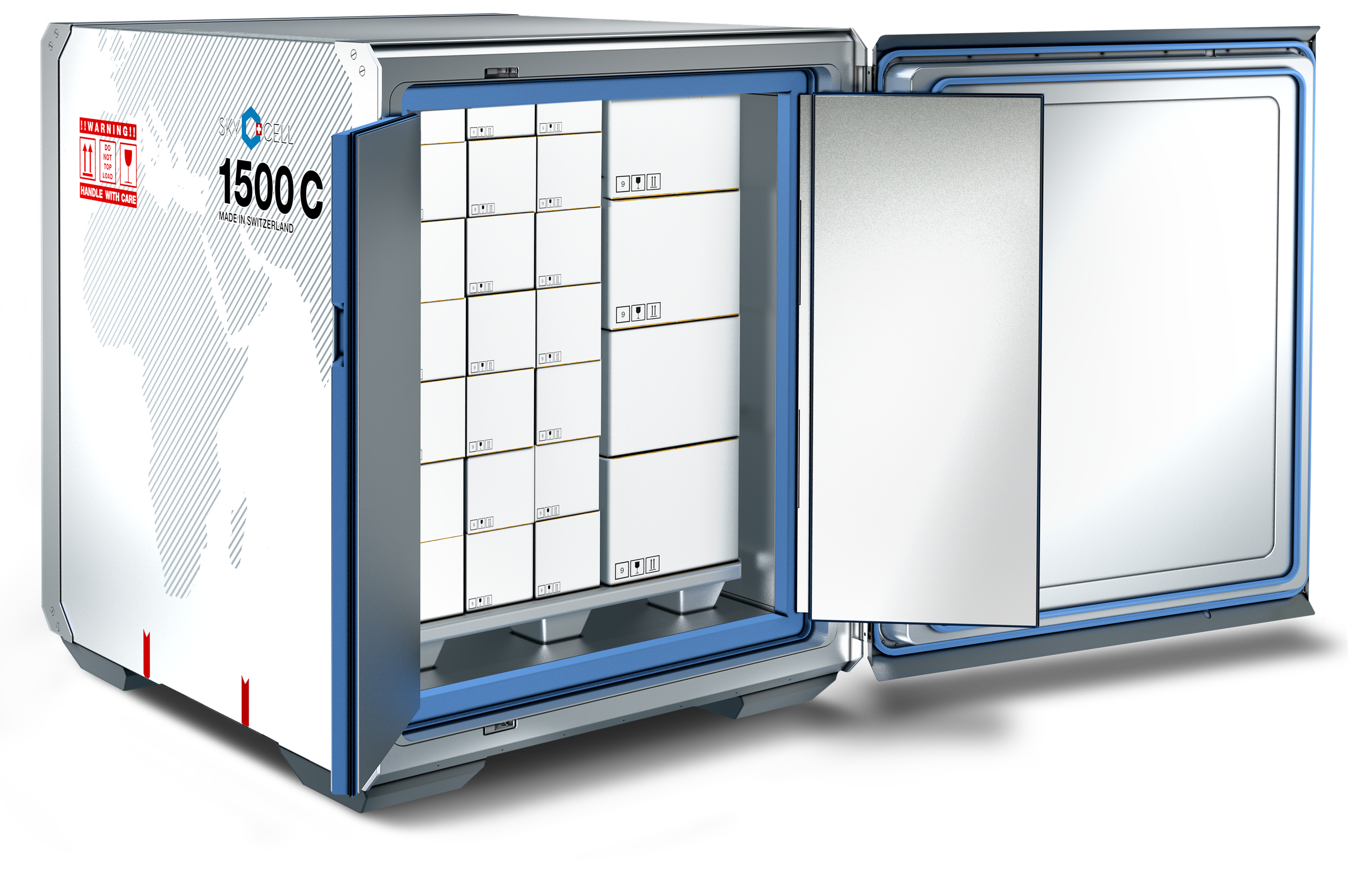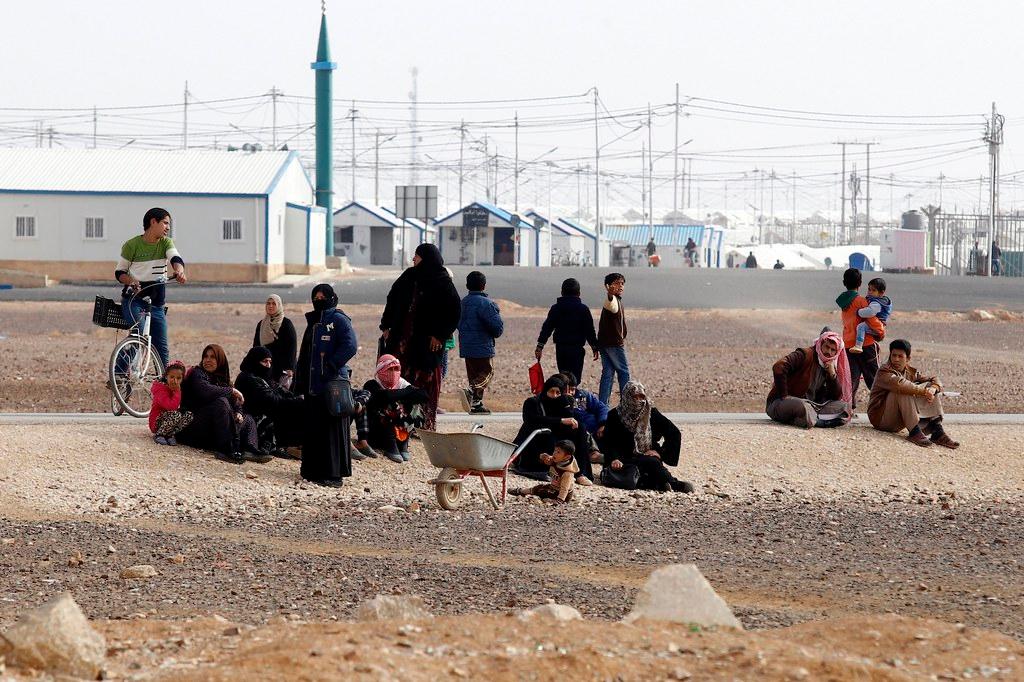From drugs to food: delivering sensitive goods safely

A Swiss company that makes high-tech air freight containers to transport delicate medicines is getting its teeth into into the food sector. Smart Containers is teaming up with Dutch packaging firm Schoeller Allibert to venture into the booming market.
A division of Smart ContainersExternal link called FoodGuardians has an initial contract with an unnamed European supermarket chain to test its product in Poland. The recyclable insulated boxes are fitted with sensors to keep constant track of temperatures and ensure the transported goods, be it vaccines or fresh food, arrive at their destination in good condition.
Co-founder and CEO Richard Ettl sees huge potential in the food industry. “Food is way bigger than pharma,” he told swissinfo.ch. “E-commerce is a booming sector.”

The portable boxes are aimed at both hotels and restaurants and companies, such as supermarkets, that make online food deliveries to households. Ettl says such firms could rent out its boxes for less than €1 per day rather than have to invest in fleets of cold storage trucks.
“Living” medicines
The partnership with Schoeller AllibertExternal link, one of Europe’s biggest suppliers of reusable containers for the food and beverage industry, brings two main benefits. The Dutch company has mass production factories that can churn out the containers in large numbers and a long list of established clients in the food industry.
After setting up in Zurich seven years ago, Smart Containers says it is already the world’s fourth largest supplier of specialised air freight boxes for the pharma sector, and has ambitions to become the global leader. Its SkyCell division services five of the top 20 pharma firms and currently has 1,200 containers in operation.
The use of sensors is becoming more common in logistics to ensure the safe arrival of goods – or send up-to-date alerts if conditions have become dangerous. “In logistics, things can often get broken,” said Ettl. “People in warehouses are not looking to see if every box is still working as it should.”
“In the age of biological medicines, you can view some drugs as almost living things,” says Ettl. “At the right temperature they sleep, but if it warms up they wake up and start dying.”
Unexpected break
Smart Containers, which now has around 45 employees, got into the niche sector almost by accident having started with a new insulation product. It was while insulating a new building at Novartis that the Swiss pharmaceutical giant asked the team to help solve the problem of transporting delicate medicines around the world.
The company has recently begun making use of blockchain and even accepts payments in cryptocurrencies, which Ettl says speeds up transactions while reducing fees. With the number of operational containers expected to multiply with the move into food delivery, the firm is also convinced that distributed ledgers and smart contracts will improve the way it keeps track of their whereabouts and manages payments.
A more ambitious blockchain project still in the planning stage is to set up an open source distributed ledger called Logi Chain that will help the industry better manage long and complex logistics chains and all the paperwork they throw up.
Smart Containers is currently trying to raise $36 million (CHF35 million) to fund expansion via a cryptocurrency “initial coin offering” crowdfund.

In compliance with the JTI standards
More: SWI swissinfo.ch certified by the Journalism Trust Initiative











You can find an overview of ongoing debates with our journalists here . Please join us!
If you want to start a conversation about a topic raised in this article or want to report factual errors, email us at english@swissinfo.ch.